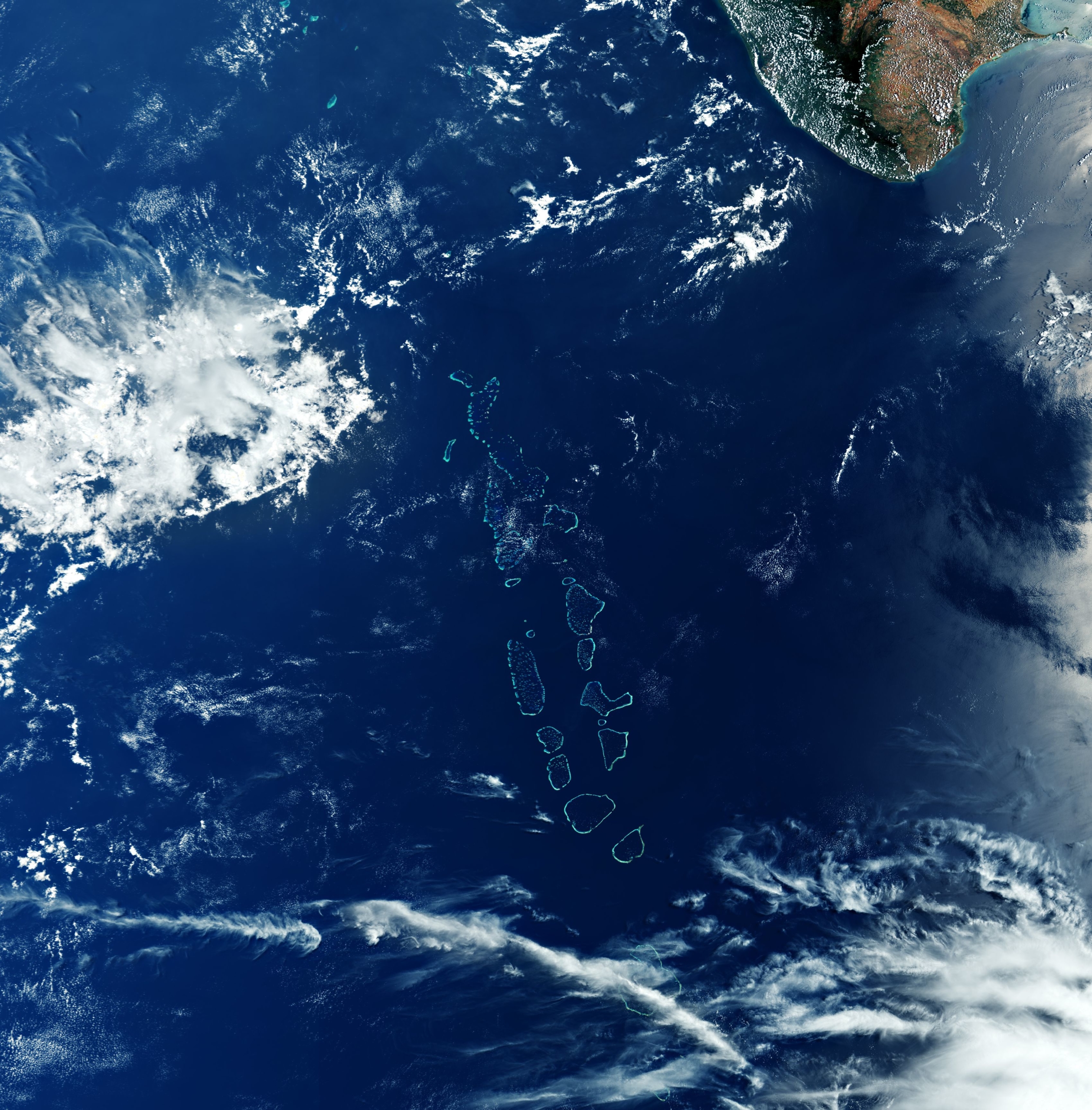Malé, Maldives — Maldives quits the use of Hydrochlorofluorocarbons (HCFC) as they are known as both ozone depleting substances and powerful greenhouse gases with a high global warming potential.
The HCFC Phase-out Management Plan began is a 10 year long project initiated in 2010 to remove HCFC from the country. It was carried out with free assistance from the Multilateral Fund (MLF).
Noting that 67 metric tons of HCFC gas were brought into the country, the Environment Ministry of Maldives stated that within a 10 years time period, Maldives successfully phased out all of HCFC gas in 2020. This is 10 years ahead of the scheduled date set by the Montreal Protocol.
An event “A Cool Move: Maldives Quits HCFC” was held on Monday to celebrate the country’s success where Environment Minister Aminath Shauna stated that the Ministry has plans to initiate the phase down HCFC and that they are in process of amending the Ozone Act, which would help to take concrete steps in implementing the plan.
At the event, Chief Executive Officer of Maldives Industrial Fisheries Company Limited, Mr. Ismail Fauzy noted one of the most significant achievements of the project, MIFCO, the largest industrial operation in the Maldives with cold storages and freezing facilities both on and offshore, to be able to completely phase out from “environmental damaging HCFC.”
Along with this, Environment Ministry shared the highlights from the statements of several other members who spoke at the celebratory event.
Environment Minister Shauna expressed hope that the phasing out of HCFC would bring more opportunities that would lead to sustainable developments, a greener, better and more resilient future. She said that if the Ministry receives technological and financial support needed, hopefully, Maldives will be a carbon neutral country by 2030.





